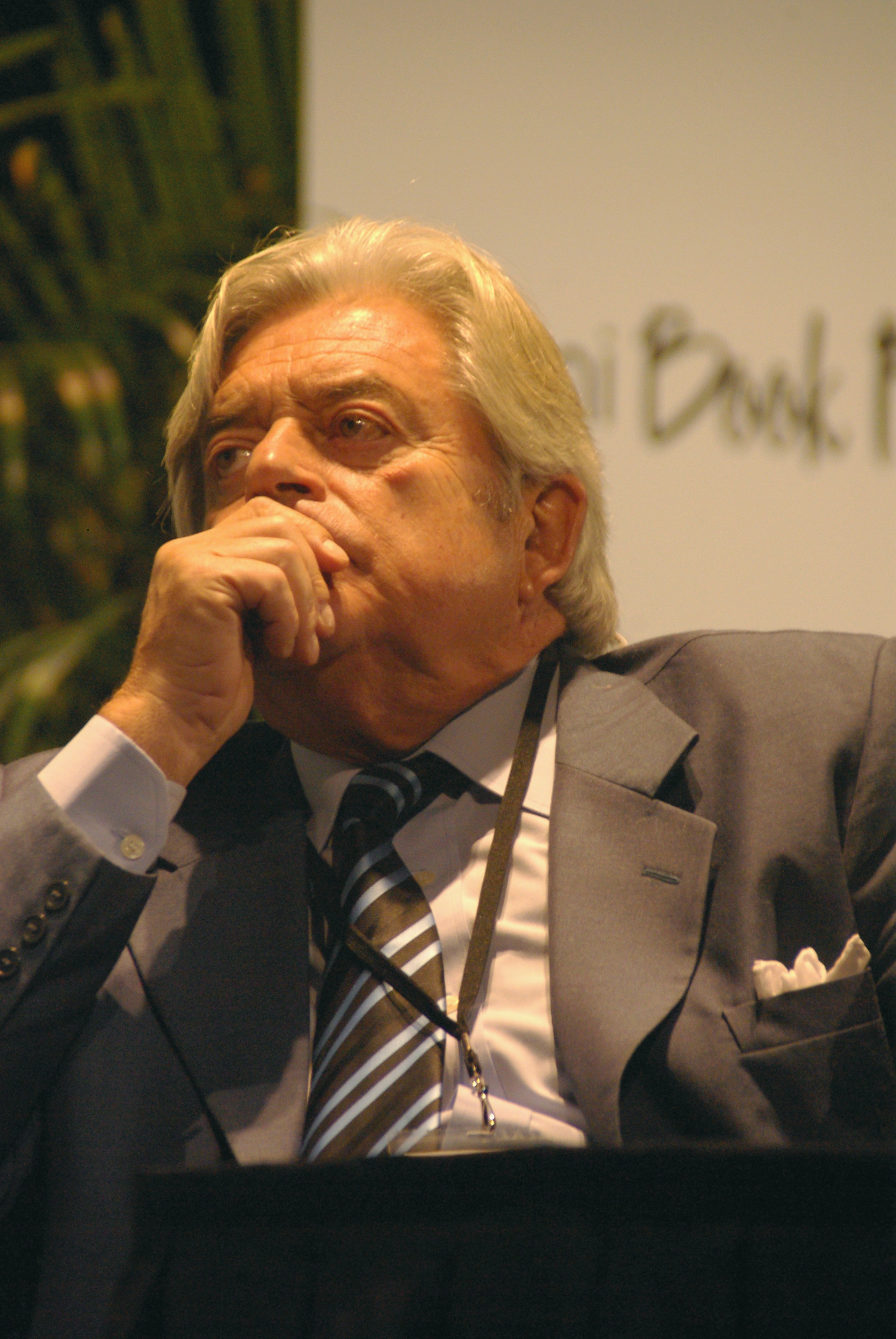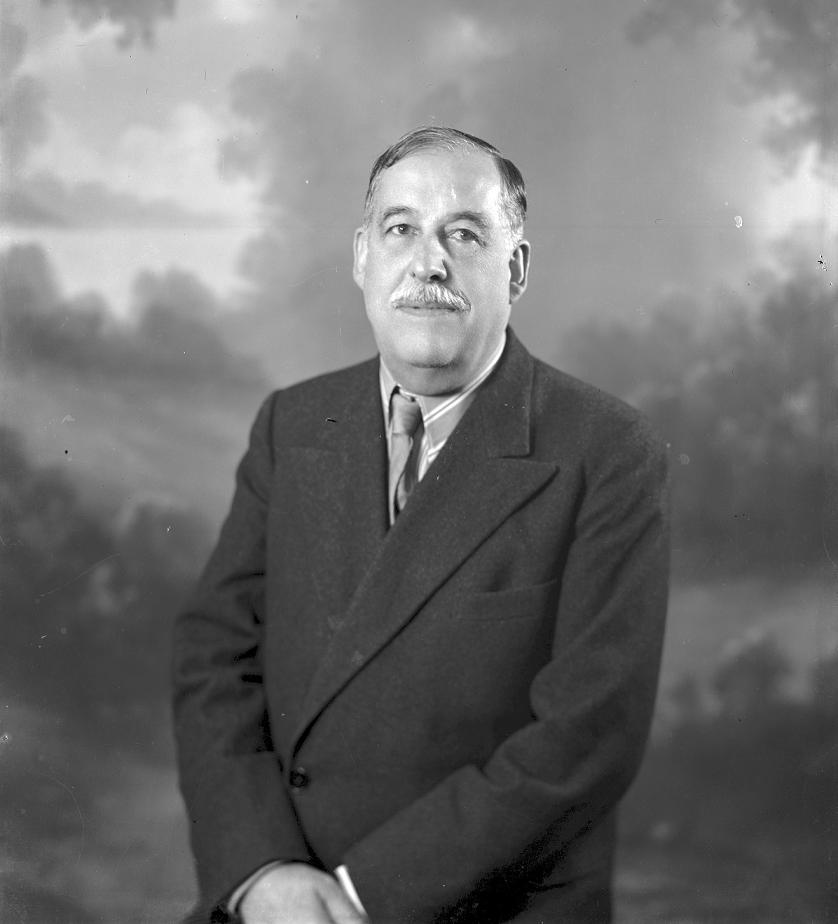|
Herrerismo
Herrerism is the Centre-right politics, centre-right political faction of the National Party (Uruguay), National Party of Uruguay. History and prominent members Herrerism is named after the leader and founder of the faction, Luis Alberto de Herrera (1873–1959). His grandson, Luis Alberto Lacalle (1941–), President of Uruguay from 1990 to 1995, has long exercised a leading role in the group. Herrera's great-grandson Luis Alberto Lacalle Pou has also been elected president under the sponsorship of the group. Ideology The ideology of Herrerism is built on a foundation of economic liberalism and liberal conservatism, although earlier in its history it took on more anti-imperialist and Conservatism, traditionalist policies. See also * Politics of Uruguay * National Party (Uruguay)#History * List of political families#Uruguay References *:es:Luis Alberto Lacalle Pou Eponymous political ideologies National Party (Urugu ... [...More Info...] [...Related Items...] OR: [Wikipedia] [Google] [Baidu] |
Luis Alberto Lacalle
Luis Alberto Lacalle de Herrera, Order of St Michael and St George, GCMG (; ''Lacalle'' locally or ; born 13 July 1941), is a Uruguayan politician and lawyer who served as President of Uruguay from 1990 to 1995. Background His mother, María Hortensia de Herrera de Lacalle, was the daughter of the National Party (Uruguay), White political leader Luis Alberto de Herrera, after whom Lacalle was named. Luis Alberto Lacalle joined the National Party (Uruguay), National Party at the age of 17. In 1961 he started working as a journalist for ''Clarín (Argentine newspaper), Clarín'' and he graduated from the University of the Republic, Uruguay, University of the Republic's law school in 1964. In 1971, he was elected Deputy (legislator), deputy for Montevideo and kept his seat until the 1973 Civic-military dictatorship of Uruguay, coup, when President Juan María Bordaberry dissolved parliament. Assassination attempt In August 1978 Lacalle was sent three bottles of wine tainted with ... [...More Info...] [...Related Items...] OR: [Wikipedia] [Google] [Baidu] |
National Party (Uruguay)
The National Party ( es, Partido Nacional, PN), also known as the White Party ( es, Partido Blanco), is a major political party in Uruguay. It was founded in 1836 by Manuel Oribe, making it the country's oldest active political party, and together with the Colorado Party, its origin dates back to the time of the creation of the Uruguayan State. Positioned on the centre-right of the political spectrum, the National Party is ideologically liberal, nationalist, Pan-Americanist and humanist. Considering the interim co-government of the ''Gobierno del Cerrito'' headed by Manuel Oribe, and the Defense Government from Montevideo led by the Colorado Joaquín Suarez, in the middle of the Uruguayan Civil War, and with the exception of the current administration of Luis Lacalle Pou, the PN has ruled the country for 35 years interruptedly throughout its history; This includes constitutional, interim, de facto presidents, and collegiate governments. Although General Manuel Oribe is recogn ... [...More Info...] [...Related Items...] OR: [Wikipedia] [Google] [Baidu] |
Luis Alberto De Herrera
Luis Alberto de Herrera (Montevideo, 22 July 1873 – 8 April 1959) was a Uruguayan lawyer, diplomat, journalist and politician. Political and diplomatic roles A national leader of great importance during the first half of the 20th century, he led the National Party through the most decisive instances along five decades. His own political movement is known as Herrerismo. From 1902 to 1904, he was Uruguayan Minister Plenipotentiary to the United States. From 1925 to 1927 he served as President of the National Council of Administration, or Prime Minister, during the presidency of José Serrato. In 1933, he took part at the Convention on Rights and Duties of States adopted by the Seventh International Conference of American States. Particularly after 1933, he was tactically close to his nominal Colorado Party opponent, President Gabriel Terra. :es:Luis Alberto de Herrera#Participación en el golpe de Estado de Gabriel Terra He stood for the presidency several times without su ... [...More Info...] [...Related Items...] OR: [Wikipedia] [Google] [Baidu] |
Luis Lacalle Pou
Luis Alberto Aparicio Alejandro Lacalle Pou (; ''Luis Lacalle'' locally or ; born 10 August 1973) is a Uruguayan politician and lawyer serving as President of Uruguay since 1 March 2020. Son of former president Luis Alberto Lacalle, Lacalle Pou attended The British Schools of Montevideo and graduated from Catholic University of Uruguay in 1998 with a law degree. A member of the National Party, he was first elected to the Chamber of Representatives at the 1999 election as a National Representative for the Canelones Department, a position he held from 2000 to 2015. During the first session of the 47th Legislature (2011–2012) he chaired the lower house of the General Assembly. He also served as Senator from 2015 to 2019. He ran unsuccessfully for president in 2014. Five years later, he defeated the Broad Front nominee and former mayor of Montevideo Daniel Martínez in the 2019 general election and was elected President of Uruguay with 50.79% of the vote in the second ro ... [...More Info...] [...Related Items...] OR: [Wikipedia] [Google] [Baidu] |
Anti-imperialist
Anti-imperialism in political science and international relations is a term used in a variety of contexts, usually by nationalist movements who want to secede from a larger polity (usually in the form of an empire, but also in a multi-ethnic sovereign state) or as a specific theory opposed to capitalism in Leninist discourse, derived from Vladimir Lenin's work ''Imperialism, the Highest Stage of Capitalism''. Less common usage refers to opponents of an interventionist foreign policy. People who categorize themselves as anti-imperialists often state that they are opposed to colonialism, colonial empires, hegemony, imperialism and the territorial expansion of a country beyond its established borders. An influential movement independent of the Western Left that advocated religious anti-imperialism was Pan-Islamism; which challenged the Western civilisational model and rose to prominence across various parts of the Islamic World during the 19th and 20th centuries. It's most influe ... [...More Info...] [...Related Items...] OR: [Wikipedia] [Google] [Baidu] |
List Of Political Families
This is an incomplete list of prominent political families. Monarchical dynasties are not included, unless certain descendants have played political roles in a republican structure (e.g. Arslan family of Lebanon and Cakobau family of Fiji). Albania The Hoxha family *Hysen Hoxha (Albanian independence leader; uncle of Enver Hoxha) *Enver Hoxha (First Secretary of the Albanian Labour Party, 1944–1985) *Nexhmije Hoxha (member of the Central Committee of the Albanian Labour Party; wife of Enver Hoxha) Peristeri family *Manush Myftiu ( Chairman of the Assembly of the Republic) *Pilo Peristeri (member of the Central Committee of the Albanian Labour Party) The Nano family (father-son) *Thanas Nano (government broadcaster under Hoxha) **Fatos Nano (Prime Minister of Albania) The Pashko family (spouses) *Josif Pashko (member of the Central Committee of the Albanian Labour Party) * Eleni Terezi (member of the Central Committee of the Albanian Labour Party) The Shehu family *Mehmet ... [...More Info...] [...Related Items...] OR: [Wikipedia] [Google] [Baidu] |
Politics Of Uruguay
The politics of Uruguay abide by a presidential representative democratic republic, under which the President of Uruguay is both the head of state and the head of government, as well as a multiform party system. The president exercises executive power and legislative power and is vested in the two chambers of the General Assembly of Uruguay. The Judiciary is independent from the executive and legislature. The Colorado and National parties have been locked in a power struggle, with the predominance of the Colorado party throughout most of Uruguay's history. The 2004 election, however, brought the Encuentro Progresista-Frente Amplio-Nueva Mayoría, a coalition of socialists, former Tupamaros, communists, social democrats, and Christian Democrats among others to power with majorities in both houses of parliament. A majority vote elected President Tabaré Vázquez. In 2009, the Broad Front once again won the elections with a plurality of the votes. A presidential runoff was tri ... [...More Info...] [...Related Items...] OR: [Wikipedia] [Google] [Baidu] |
Conservatism
Conservatism is a cultural, social, and political philosophy that seeks to promote and to preserve traditional institutions, practices, and values. The central tenets of conservatism may vary in relation to the culture and civilization in which it appears. In Western culture, conservatives seek to preserve a range of institutions such as organized religion, parliamentary government, and property rights. Conservatives tend to favor institutions and practices that guarantee stability and evolved gradually. Adherents of conservatism often oppose modernism and seek a return to traditional values, though different groups of conservatives may choose different traditional values to preserve. The first established use of the term in a political context originated in 1818 with François-René de Chateaubriand during the period of Bourbon Restoration that sought to roll back the policies of the French Revolution. Historically associated with right-wing politics, the term ha ... [...More Info...] [...Related Items...] OR: [Wikipedia] [Google] [Baidu] |
Luis Alberto Lacalle Pou
Luis Alberto Aparicio Alejandro Lacalle Pou (; ''Luis Lacalle'' locally or ; born 10 August 1973) is a Uruguayan politician and lawyer serving as President of Uruguay since 1 March 2020. Son of former president Luis Alberto Lacalle, Lacalle Pou attended The British Schools of Montevideo and graduated from Catholic University of Uruguay in 1998 with a law degree. A member of the National Party, he was first elected to the Chamber of Representatives at the 1999 election as a National Representative for the Canelones Department, a position he held from 2000 to 2015. During the first session of the 47th Legislature (2011–2012) he chaired the lower house of the General Assembly. He also served as Senator from 2015 to 2019. He ran unsuccessfully for president in 2014. Five years later, he defeated the Broad Front nominee and former mayor of Montevideo Daniel Martínez in the 2019 general election and was elected President of Uruguay with 50.79% of the vote in the second ro ... [...More Info...] [...Related Items...] OR: [Wikipedia] [Google] [Baidu] |
Liberal Conservatism
Liberal conservatism is a political ideology combining conservative policies with liberal stances, especially on economic issues but also on social and ethical matters, representing a brand of political conservatism strongly influenced by liberalism. The ideology incorporates the classical liberal view of minimal government intervention in the economy, according to which individuals should be free to participate in the market and generate wealth without government interference. However, liberal conservatives also hold that individuals cannot be thoroughly depended on to act responsibly in other spheres of life; therefore, they believe that a strong state is necessary to ensure law and order and that social institutions are needed to nurture a sense of duty and responsibility to the nation. Liberal conservatives also support civil liberties, along with some socially conservative positions. Nevertheless, liberal conservatism differs from social conservatism in a sense that it d ... [...More Info...] [...Related Items...] OR: [Wikipedia] [Google] [Baidu] |
Economic Liberalism
Economic liberalism is a political and economic ideology that supports a market economy based on individualism and private property in the means of production. Adam Smith is considered one of the primary initial writers on economic liberalism, and his writing is generally regarded as representing the economic expression of 19th-century liberalism up until the Great Depression and rise of Keynesianism in the 20th century. Historically, economic liberalism arose in response to feudalism and mercantilism. Economic liberalism is associated with markets and private ownership of capital assets. Economic liberals tend to oppose government intervention and protectionism in the market economy when it inhibits free trade and competition, but tend to support government intervention where it protects property rights, opens new markets or funds market growth, and resolves market failures. An economy that is managed according to these precepts may be described as a liberal economy or oper ... [...More Info...] [...Related Items...] OR: [Wikipedia] [Google] [Baidu] |




.jpg)
.jpg)


